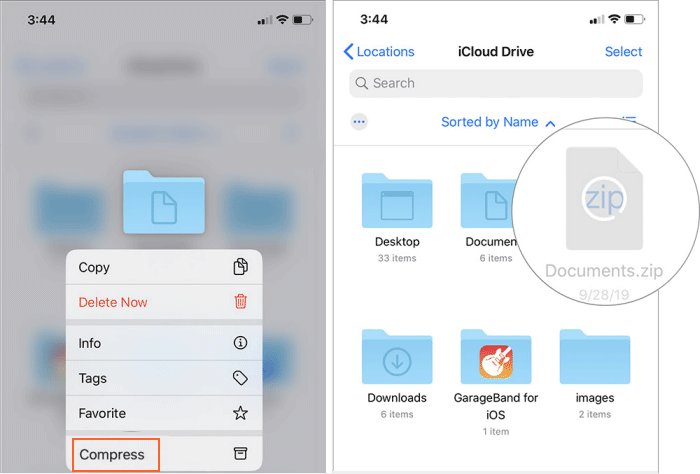
First, it isn’t digitally signed, so will be blocked by Gatekeeper on most Macs. While the malware is powerful, it’s exceedingly unlikely that 9to5Mac readers would fall for it. But the risk to tech-savvy users is very low However, this type of attack doesn’t require Apple to update macOS to block it: such malware can be blocked by a simple update to X-Protect. Apple released updates for macOS Big Sur, Monterey, and Ventura on Monday, but based on the security notes, those updates do not appear to include patches for MacStealer. It’s unclear if MacStealer has been logged in the CVE.report database that tracks vulnerabilities and exposures, and Apple has not commented on the malware. The report says Apple doesn’t appear to have blocked it. Once run, the malware gathers the data, compresses it all into a single zip file, sends the file to the bad guys, and then deletes the file from your Mac. According to information Uptycs gathered from the dark web, MacStealer’s makers are working on the ability to harvest Safari passwords and cookies, as well as data in the Notes app.

zip, and it can extract the Ke圜hain database. It can extract several different file types, including. Uptycs found that MacStealer can get passwords, cookies, and credit card data from Firefox, Google Chrome, and Microsoft Brave browsers. The good news, however, is that you’d have to be very naive to fall victim to it … MacStealer The malware extracts your iCloud passwords, a wide variety of files, and credit card details stored in browsers.

Security researchers have identified a new piece of Mac malware, which they’ve dubbed MacStealer.


 0 kommentar(er)
0 kommentar(er)
